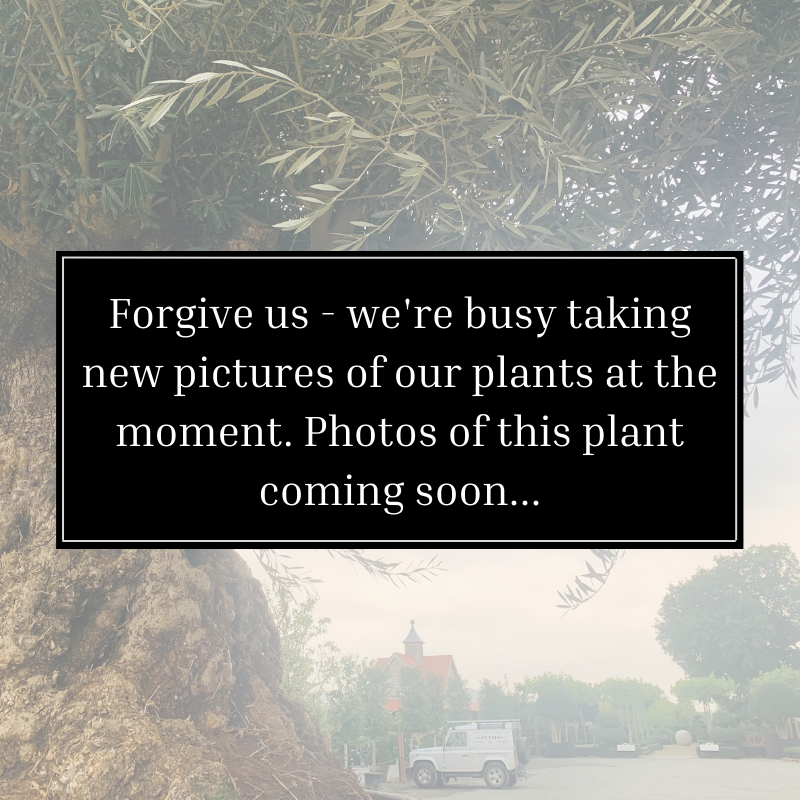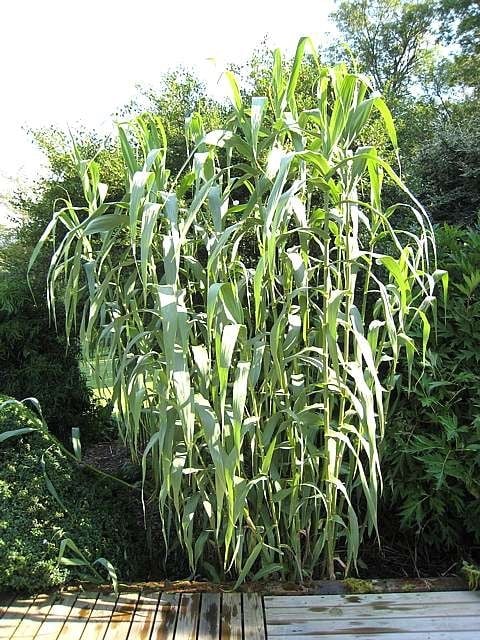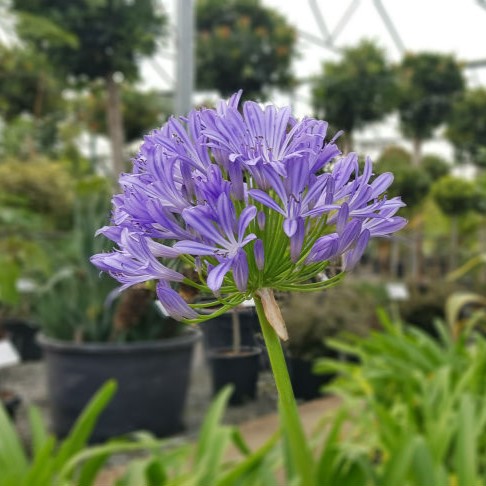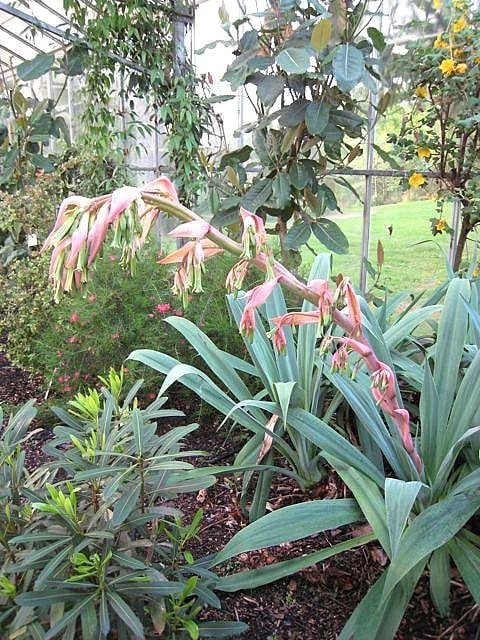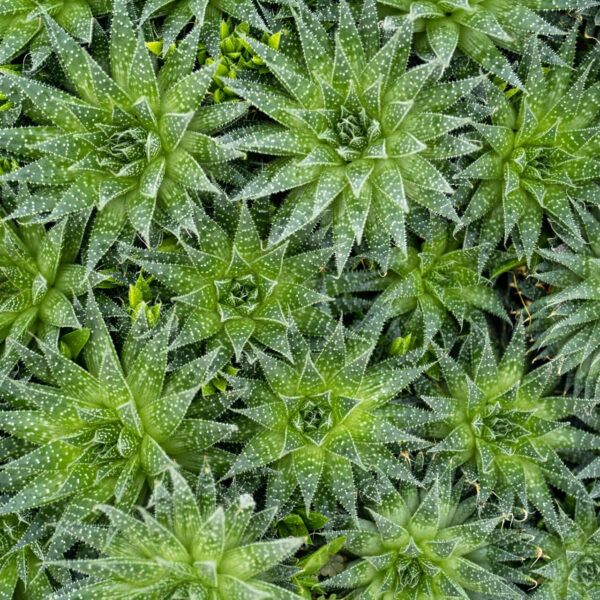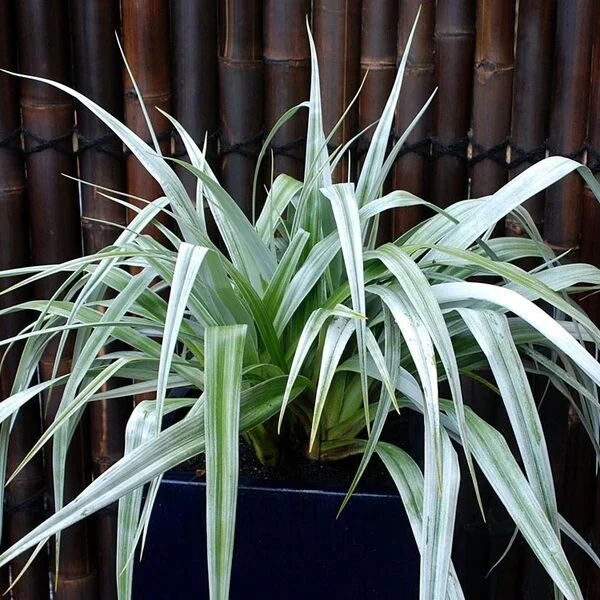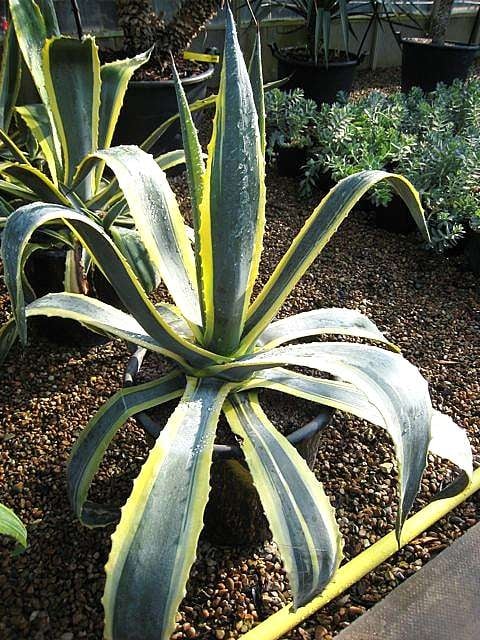Ficus Tikoua (Prostrate Fig)
An evergreen, shrubby prostrate fig from South East Asia reaching 50 x 100 cm spread. Has long been used in folk medicine to treat conditions as diverse as diarrhoea and dysentery, bronchitis and rheumatism and now scientists are exploring possible botanical antifungal properties.
Grow this in full sun in well drained soil. In the wild they grow on wasteland, on grassy banks and in rocky areas. Can be seen at Wisley.
Please contact us for stock availability and sizes.

Hardiness level Amber
An evergreen, shrubby prostrate fig from South East Asia reaching around the 50cm height x 1metre spread mark. Has dark green oval leaves, a bit corrugated along the veins and with a very slight nip in at the waist.
The 1958 botanical specimen of this plant held in the Kew archives is a rather morose and flattened thing taped to some yellowing card. Ignore that bit. The handwritten notes below are magical…along with the Royal Gardens stamp of receipt are some scrawled notes, pencilled faintly and requiring a zoom lens.
‘Crouching in a hole in the ground’, we read, ‘figs small black, near the root – also in the branches’ E. J. H Corner
Enlisting the support of someone with better (younger) eyes it’s sadly closer to:
‘Creeping in a mass on the ground…’ but the spell has been spun. For us this will forever more be a case of Crouching Tikoua, Hidden Figs.
Has long been used in folk medicine to treat conditions as diverse as diarrhoea and dysentery (oh God more crouching), bronchitis and rheumatism and now scientists are exploring possible botanical antifungal properties. You’re likely not a scientist and have access to Boots so for our purposes here’s how to grow the stuff:
Plant it in full sun and in moist but well-drained soil. In the wild they grow on wasteland smothering everything in dense mats of leaf and stem so that points you to its uses: groundcover. They’ll do well on sunny banks and in rocky areas and some good properly alive examples can be seen at Wisley where they are labelled very clearly but with less flourish.
N.B. When clipping several plants with the same tool, have a bucket containing a 5% bleach solution and swish your blades around for 30 seconds between plants to sterilise them. This will help avoid the chance of cross contamination of disease.
As with all woody plants, plant high, exposing as much of the taper at the base of the trunk as possible. Allowing soil to accumulate round the base of a tree can be fatal. Keep very well watered when first planted.
Additional Information |
|
|---|---|
| Plant Type | |
| Features | |
| Hardiness | |
| Continent of Origin | |
| Light | |
| Soil Type | |
| Specialist Plants | |





